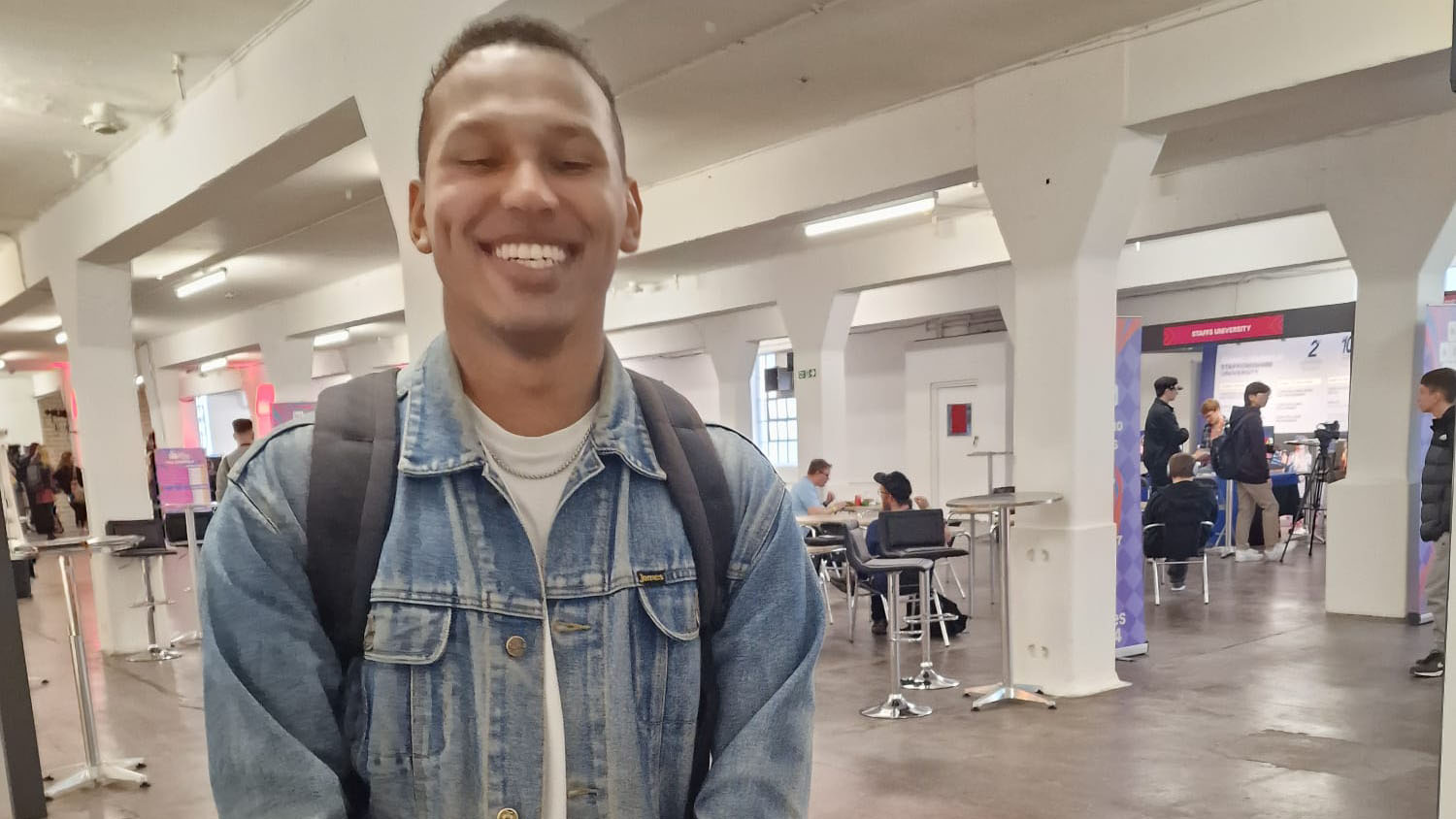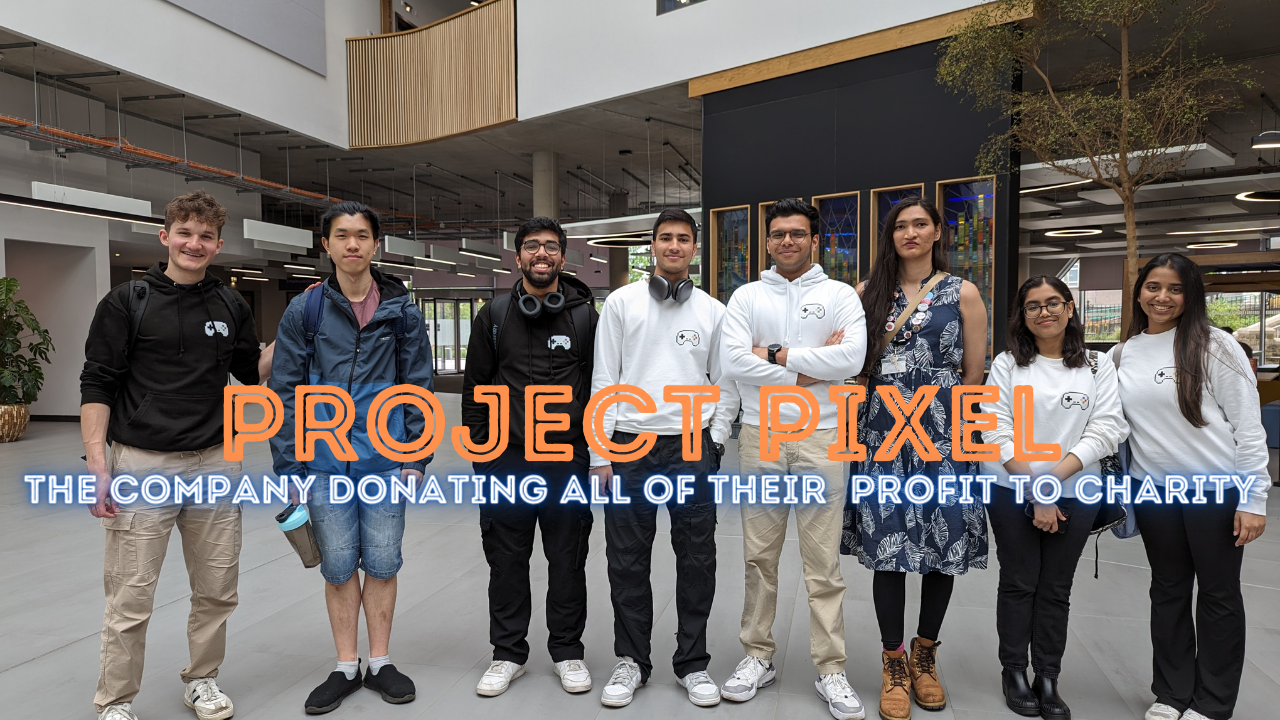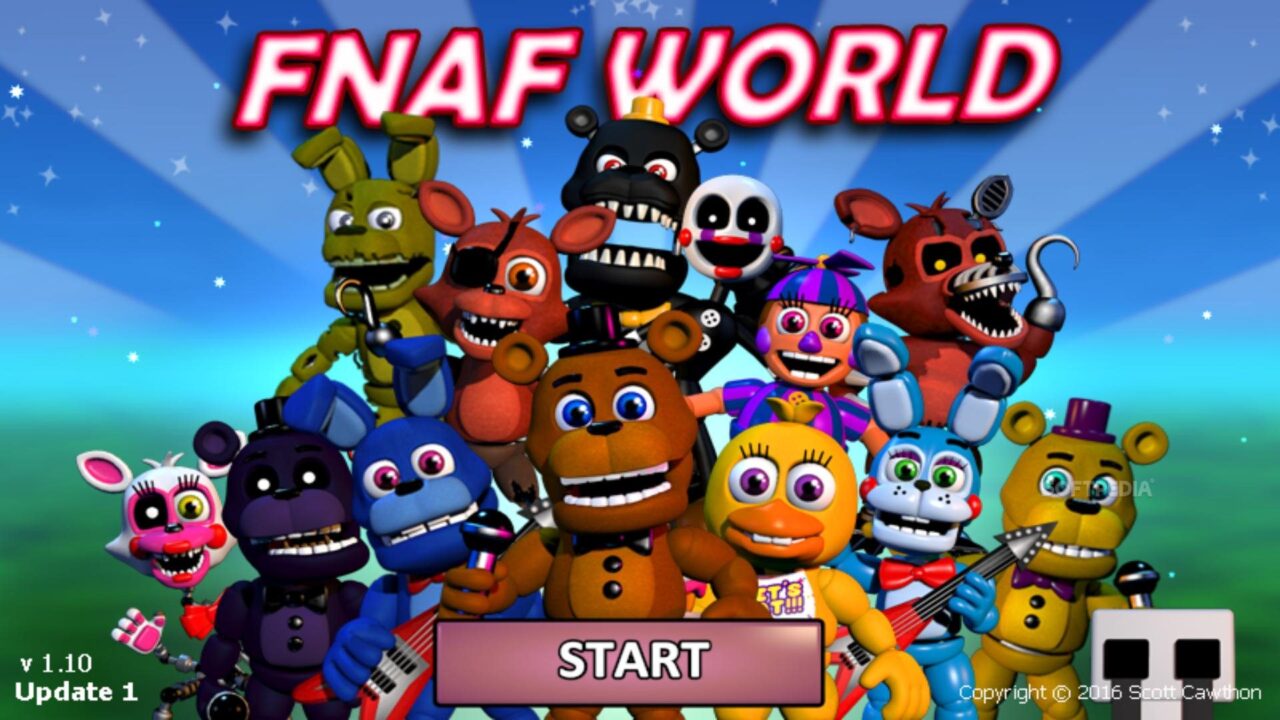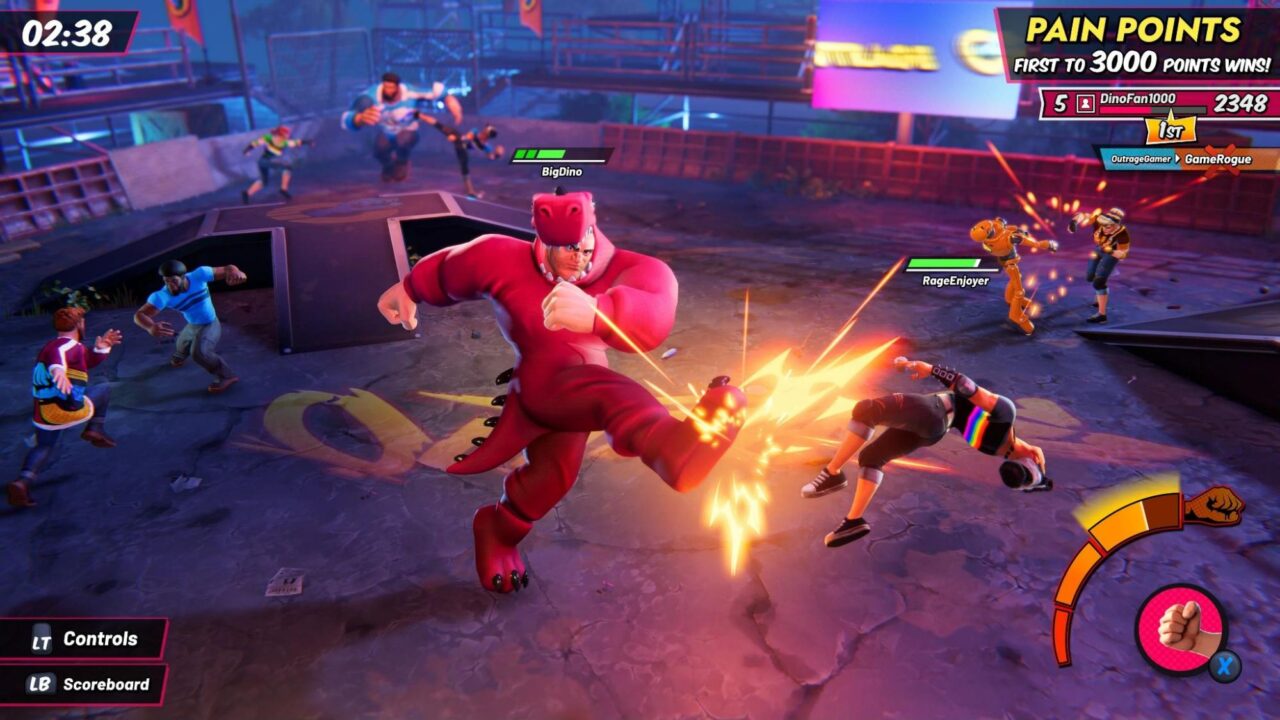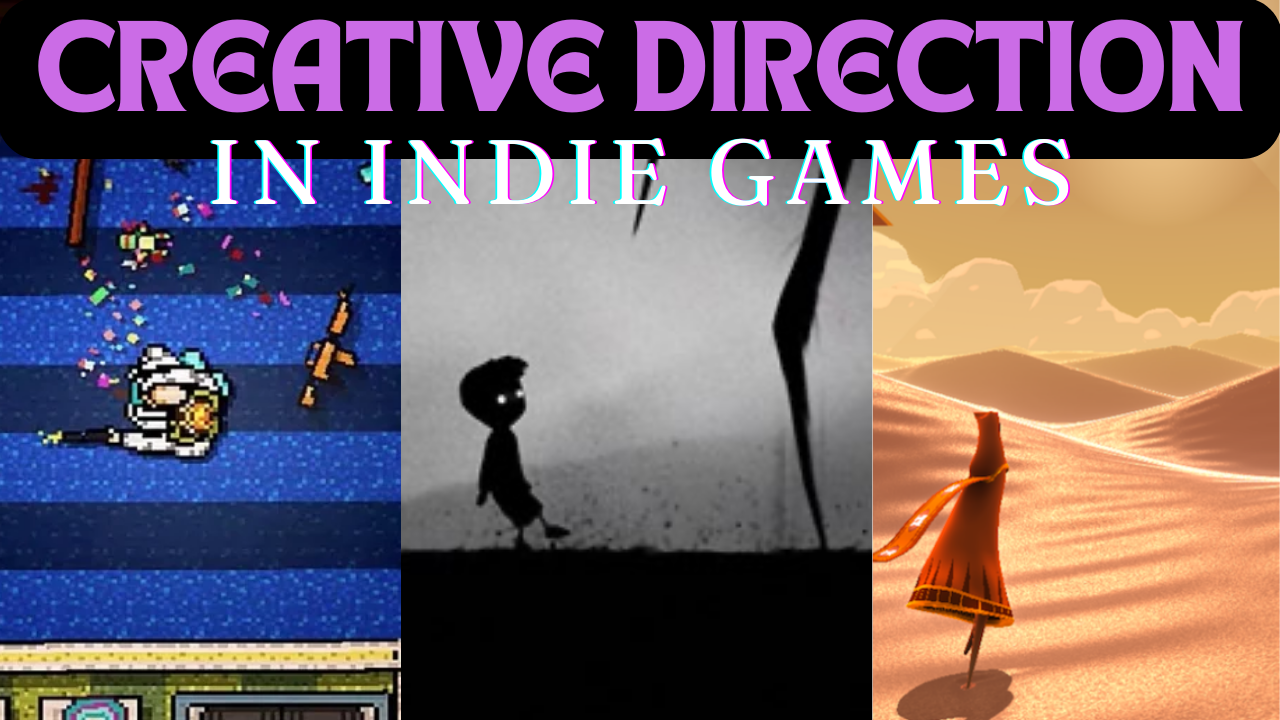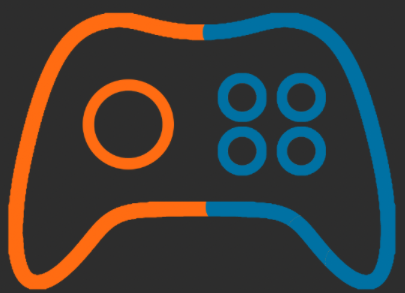Jobs and social activities are two things that are difficult for many people to do well at the same time. But there are also some who find a balance to make themselves better. The young network developer explained his journey to Overheat.
At WASD 2024, London’s indie gaming festival, a young man stood on the podium and talked about his successful experience as a networking developer. He looked happy without nervousness, and the people below listened with interest.
Gianluca Montaque, a Business Game Designer and Speaker who is also a student still in the University. However, he has achieved great maturity in his skills in networking and video games.
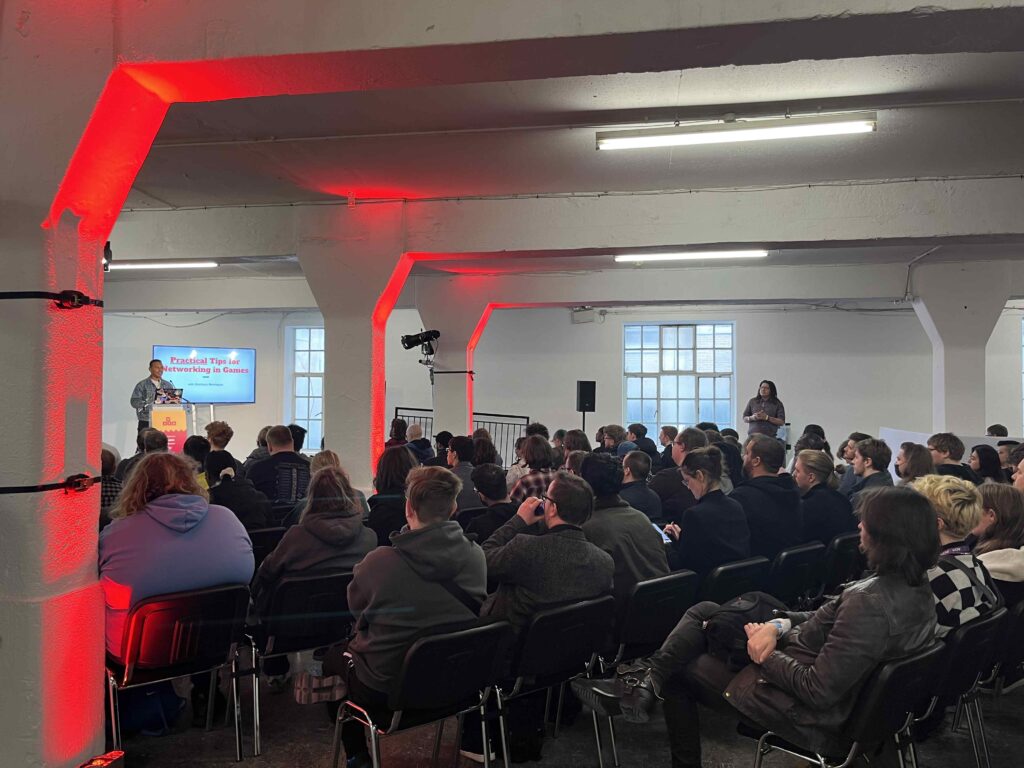
When asked why chose to become a gaming developer as a teenager, Gianluca says:
“When I was a kid, I loved games. That’s always that’s always that’s always sentence number one.
“But I always considered maybe going into games like being a game designer as a child. But when I was growing up, it really wasn’t considered like a viable career at all.
“So I never really pursued it. And then after I finished school, I started working, and one day I just woke up and I was like, I don’t want to do this anymore. What do I want to do? And I was flip flopping between careers. And I just went back to games and I was like, ‘Yes, I’m ready to do that’.”
Regarding this industry, Gianluca also expressed his views on the current status quo:
“More and more people are trying to get into the games industry in the UK. I think that can be an easy way to be the leader of an industry, potentially online the only entity that focuses entirely on supporting people getting into games outside of brands and games or something like that.
“But I think the breadth of what they covered it, whether you can, whether you want to do like a facial, or whether you want to do a good shopping network and now like discord, go to all these talks, they organise themselves, you know, they go through the effort of actually planning this and running this and nobody else does.
“The games industry is going on with loads of industrial layoffs. This is a threshold that tests whether an individual has abilities and can handle work effectively.”
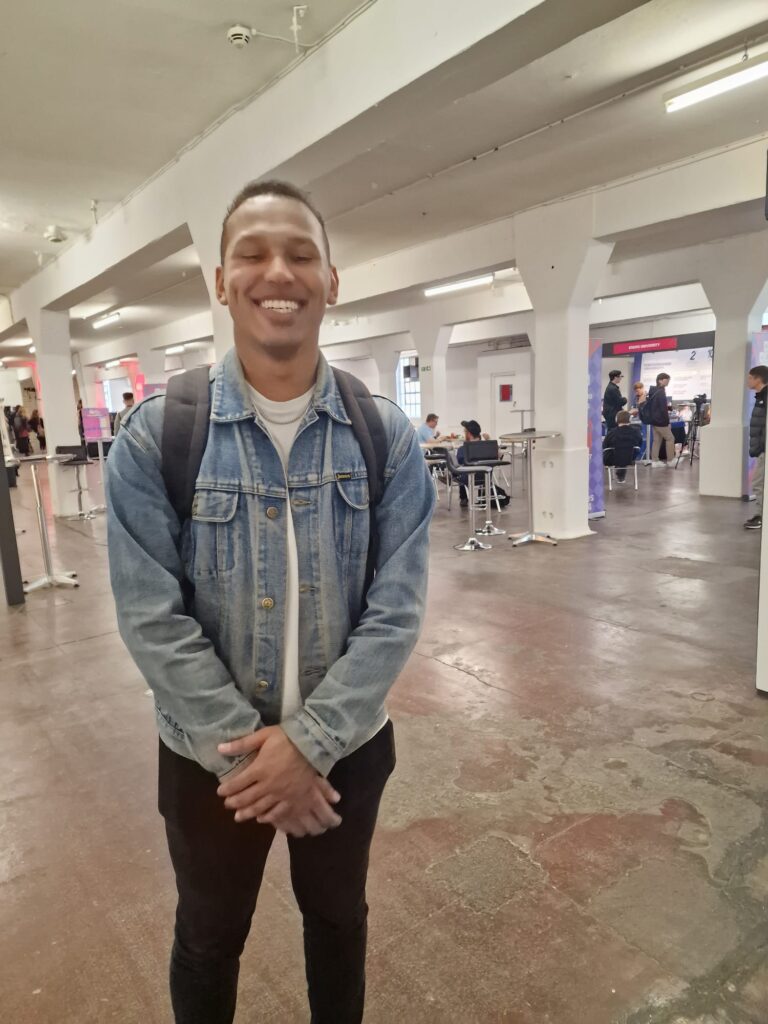
When his Internet career was hit by a wave of layoffs, thanks to the help of his social circle, Gianluca successfully stayed in this field and even got more opportunities.
Gianluca believes that it is extremely important to build his own network in order to continue his career planning:
“Basically, if you get used to going out and talking to people, chatting to people, meeting everyone at every level of industry, then you end up with a network that can support you when you’re looking for a role better than any job better than any agency.
“Because then they’re sharing their friends, his friends, his friends will position and then the company that he’s never going to get any job. It’s never going to get any agency and you wouldn’t have been exposed to that if you hadn’t gone out.”
“That’s where the rules come from. And so knowing people can go into people to talk about to me useful tips down. Today is back to the weekends as well.
“When you kind of came up with something, you had to learn yourself to do all those changes and started up in those days, and then learned the hard way which is kind of like pretty quick.”
Related Articles:
Related Articles:
Giancula claimed that he is not very good at dealing with people and has made many mistakes, but he also admits that he also has his own unique philosophy of life in interpersonal interactions in the gaming industries.
“I think I’m relaxed in that I feel quite comfortable talking to people. And so some of the stuff probably came to me fairly naturally.
“I think the first and most important one which is all about not going into conversations with an agenda and basically and speaking to people when human beings do not want to just be like tools to progress your career.”
With a good mentality and excellent design ability, Giancula, who was in his early 20s, finally found his own place in this emerging field.
When asked how to lean and choose between the two identities of “game designer” and “student”, he says:
“So I worked for and I think that comes down to benefits. And I had skills that could be useful, and I have proven that I can do them. So I was in marketing and ready for marketing.
“And so I was able to provide that in that capacity, and they’re not looking for a studio, but the people who I met through there, allows me access as a student. And so I think the short answer is that I had the benefit of having other skills.
“I didn’t have any work experience when I joined the company doing marketing. And I basically said I don’t want to stress my life. I’m making it clear from the outset or even starting. I don’t want to do this forever. I want to go into the development side.
“Because it’s a small company and everyone inside wants to learn. I basically proved that I have enough ability to do more of it and do more and do more of it. Until now. It’s mostly my job. So I think I got my foot in the door with transferable skills and then turned those into working primarily.”
But on the other hand, it is undeniable that Gianluca also encountered challenges in the process of building a network.
“The more you network, the more the people in your network introduce you to more people or institutions. The more people in your network just gets bigger and bigger when you’re starting from a tiny level to plus and so it’s hard for that circle to roll into more people.
“It was a difficult time. It is difficult for you to truly grasp and utilise your own human resources. But I suggest getting over it and trying to communicate with them and keep in touch.”
It is precisely because of his down-to-earth and persistent spirit that his network building has been very effective, which has added a lot of help to both his work and student life.
When asked about the future plans, Gianluca showed confidence.
“When you kind of look ahead to the future. You realise you’re in this role now, but what you are most excited about is the thing that you’re most looking forward to as you work.
“It’s a process but I’m most looking forward to it.”

